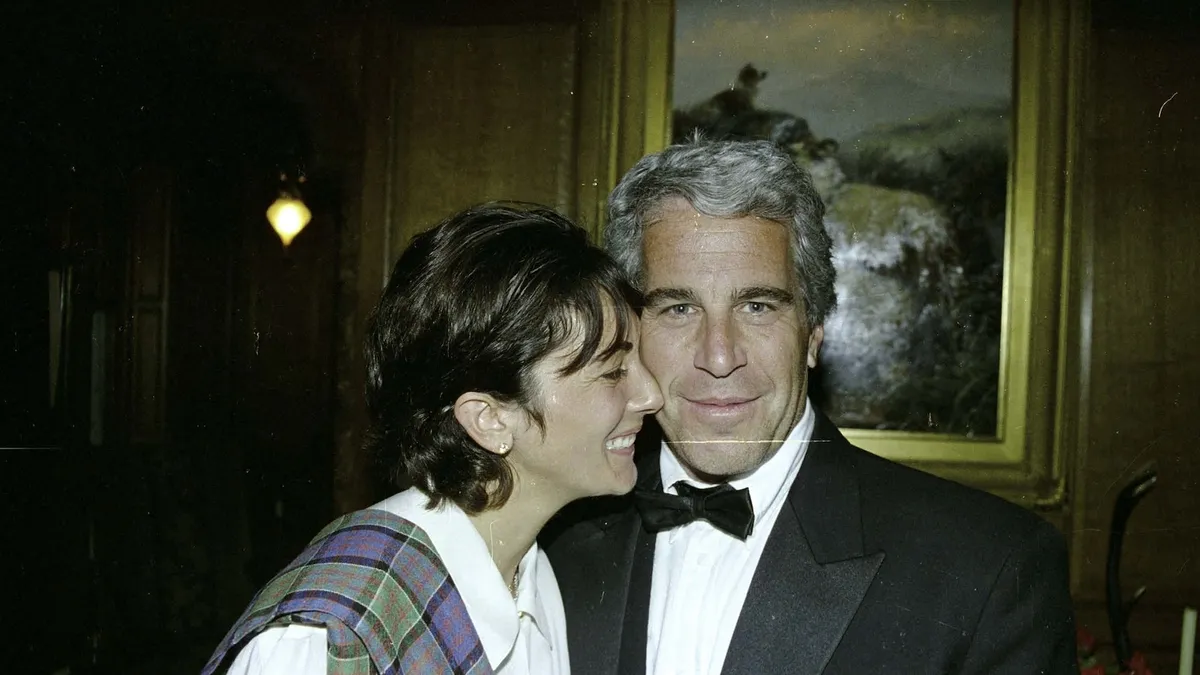
A federal judge is currently overseeing a critical request from the Justice Department to unseal grand jury records related to Ghislaine Maxwell's criminal case. In a recent order issued on Tuesday, District Judge Paul Engelmayer announced his intention to make a prompt ruling on the matter but indicated that he requires additional information before proceeding.
In the four-page order filed on Tuesday, Judge Engelmayer emphasized the court's desire to resolve the motion swiftly. However, he noted that the court cannot make a decision without further submissions from the Justice Department. Engelmayer pointed out that the initial motion submitted by the government did not adequately address a non-exhaustive list of factors that district courts must consider when evaluating requests for the disclosure of secret grand jury information.
To facilitate this process, the judge has given the Justice Department until July 29 to provide a more detailed brief outlining their justification for seeking the release of these sensitive records. Specifically, Engelmayer has requested clarity on whether the government has already reviewed the grand jury transcripts from Maxwell's case and if they have notified victims prior to filing their motion to unseal the records.
In a notable development, lawyers representing Ghislaine Maxwell have formally requested the judge's permission to review any grand jury testimony before making a decision on whether to release the transcripts to the public. In a letter submitted to the court, Maxwell's lawyer, David Oscar Markus, stated that they have not seen the grand jury transcripts in their entirety and that it's crucial for them to review these documents to formulate an appropriate response.
Markus mentioned that Deputy Attorney General Todd Blanche does not oppose allowing Maxwell's legal team to access the grand jury transcripts, further complicating the legal landscape surrounding this high-profile case. The Justice Department's attempts to unseal these sensitive grand jury transcripts related to Jeffrey Epstein may face additional hurdles due to Maxwell's potential objection.
Judge Engelmayer has also set a deadline of August 5 for victims in the case to voice their positions regarding the disclosure of the grand jury transcripts. This aspect of the case adds another layer of complexity to the proceedings as the court seeks to balance the interests of justice with the rights of victims.
In a related political context, former President Donald Trump recently announced that he has directed Attorney General Pam Bondi to seek the release of additional materials related to Epstein, responding to calls for greater transparency from conservatives and other stakeholders. Bondi stated that Deputy Attorney Todd Blanche will meet with Ghislaine Maxwell in the coming days to discuss her potential contributions to the investigation.
Democrats have expressed skepticism regarding any arrangements involving Maxwell. Representative Dan Goldman, D-N.Y., criticized Deputy Attorney General Blanche's actions, suggesting they amount to an end-run around the Southern District of New York's established policies. He argued that Blanche is acting as a political agent for Trump, potentially negotiating a pardon for Maxwell in exchange for information that could benefit Trump's political agenda.
As the situation unfolds, the eyes of the public and legal experts remain closely fixed on the courtroom, where the implications of unsealing Ghislaine Maxwell's grand jury records could have far-reaching consequences for many involved in the Epstein case.